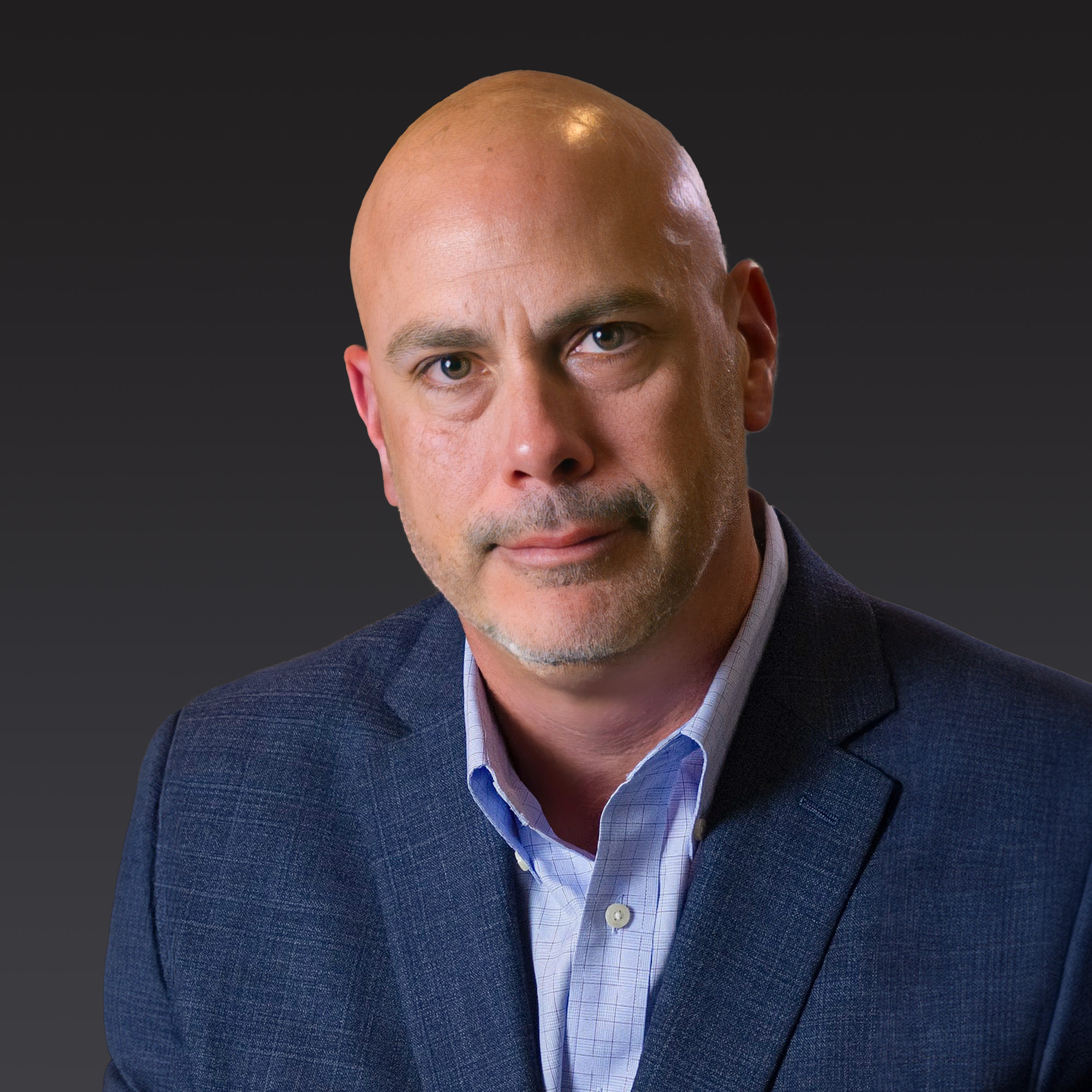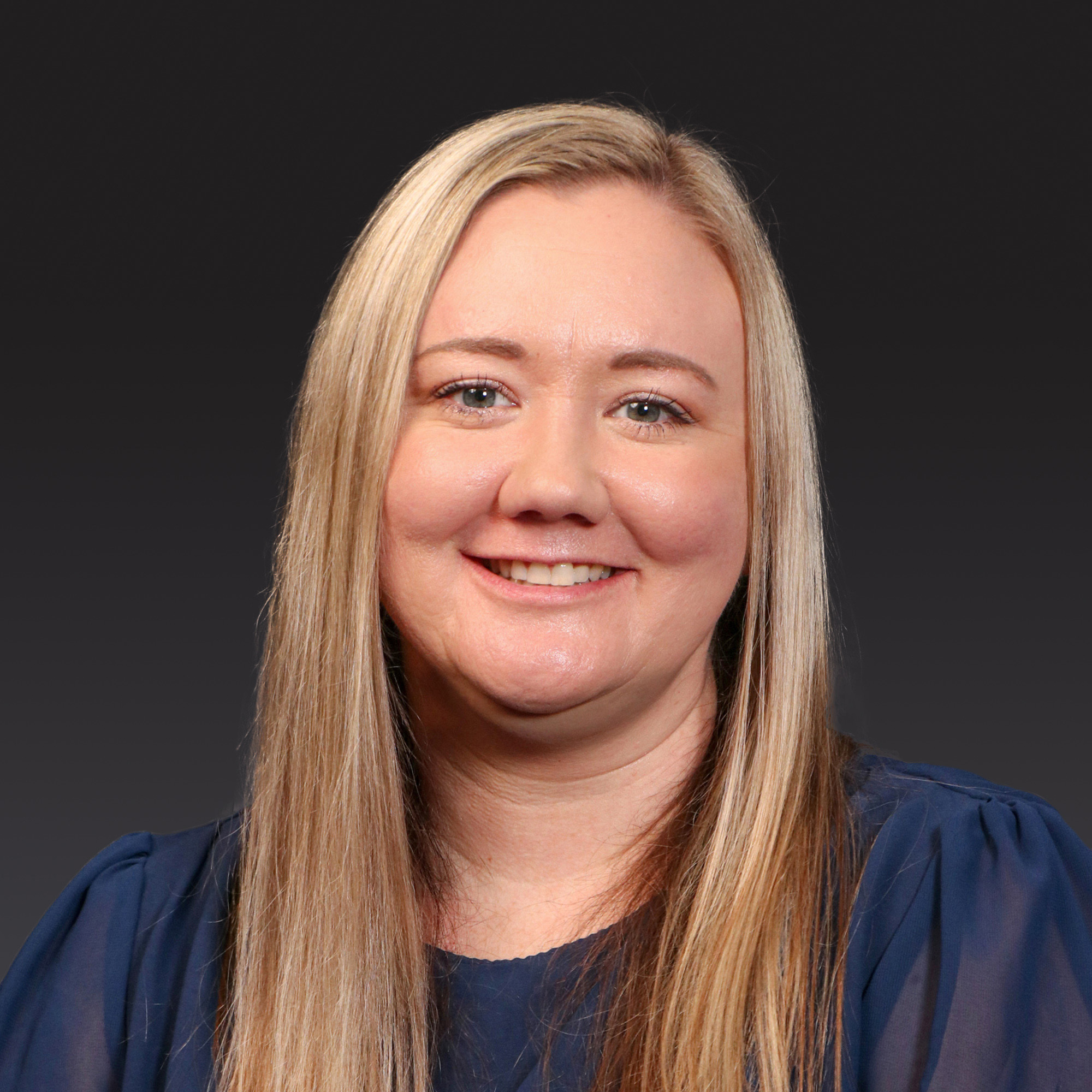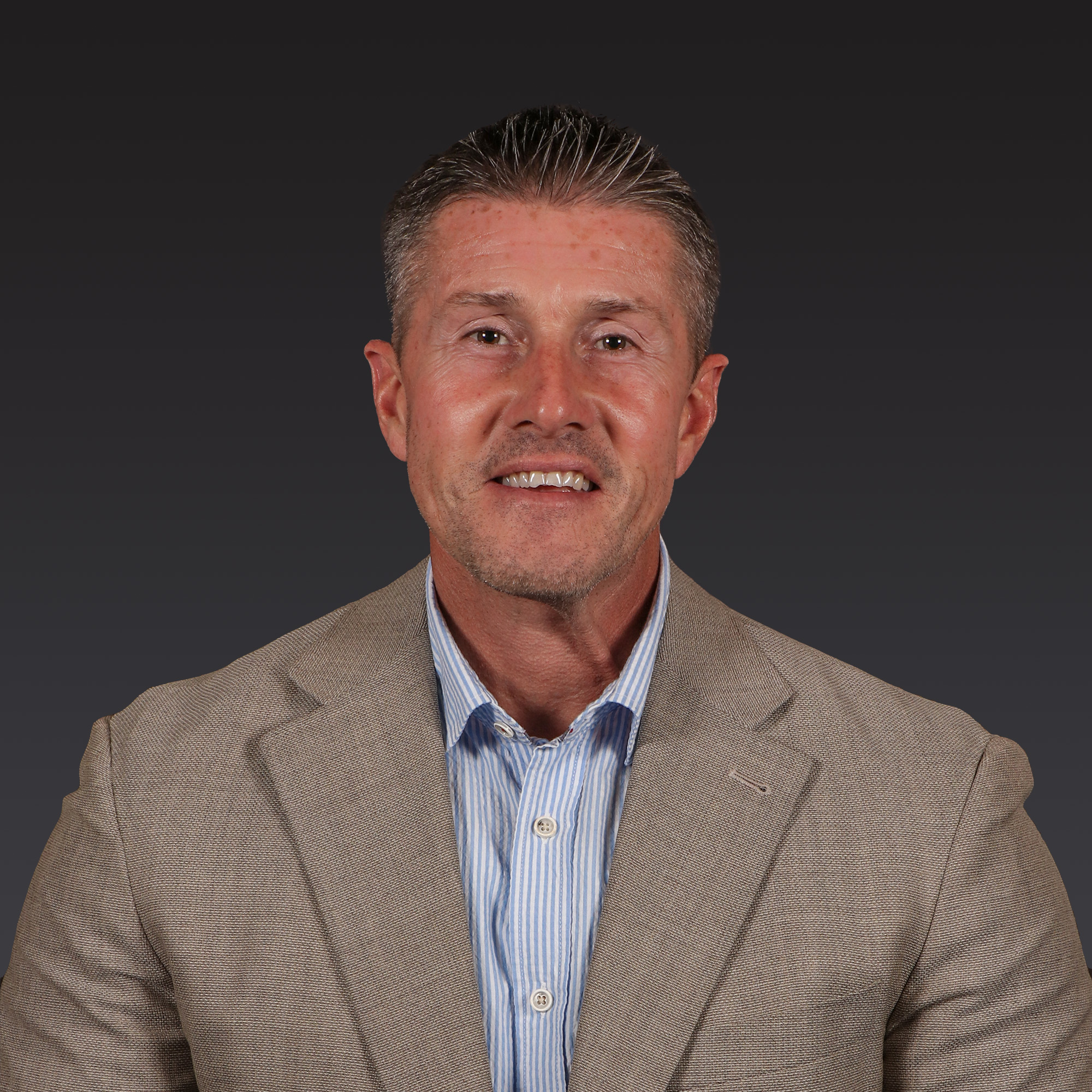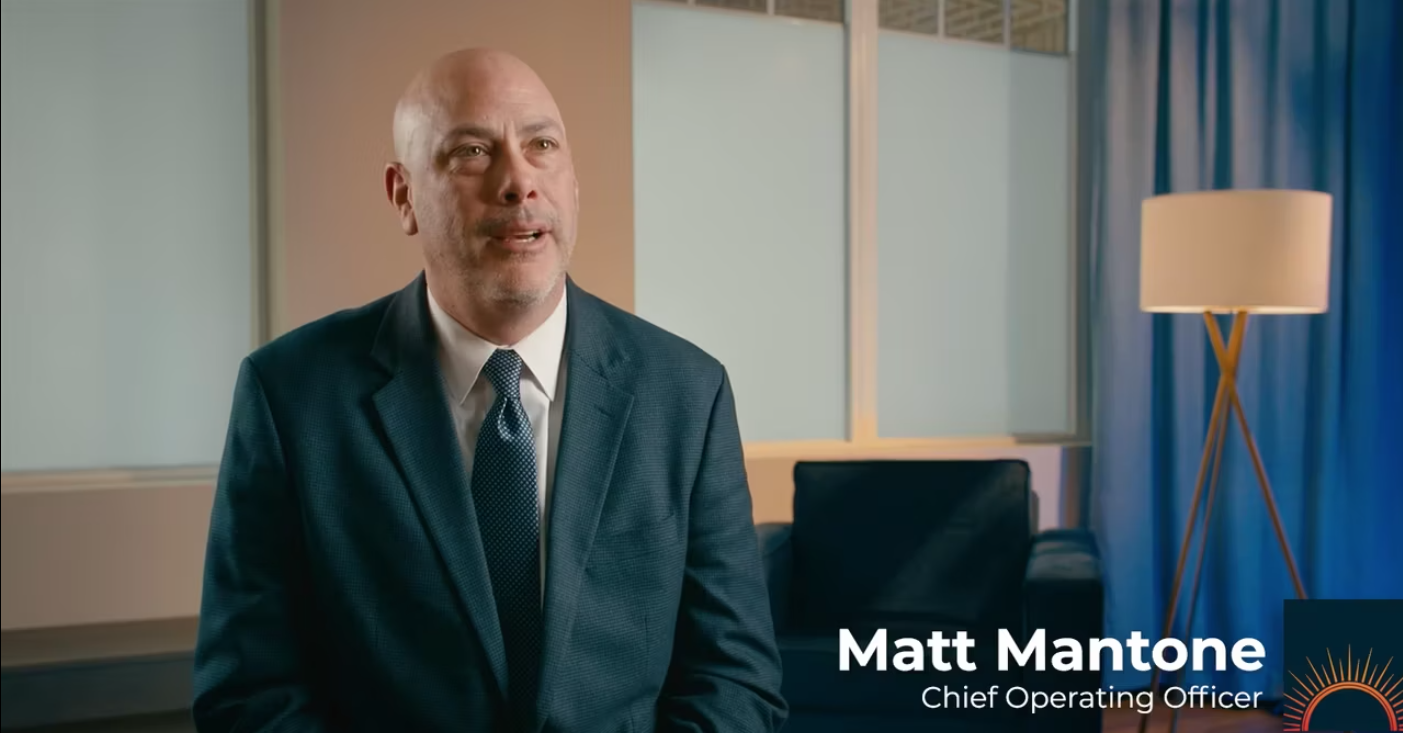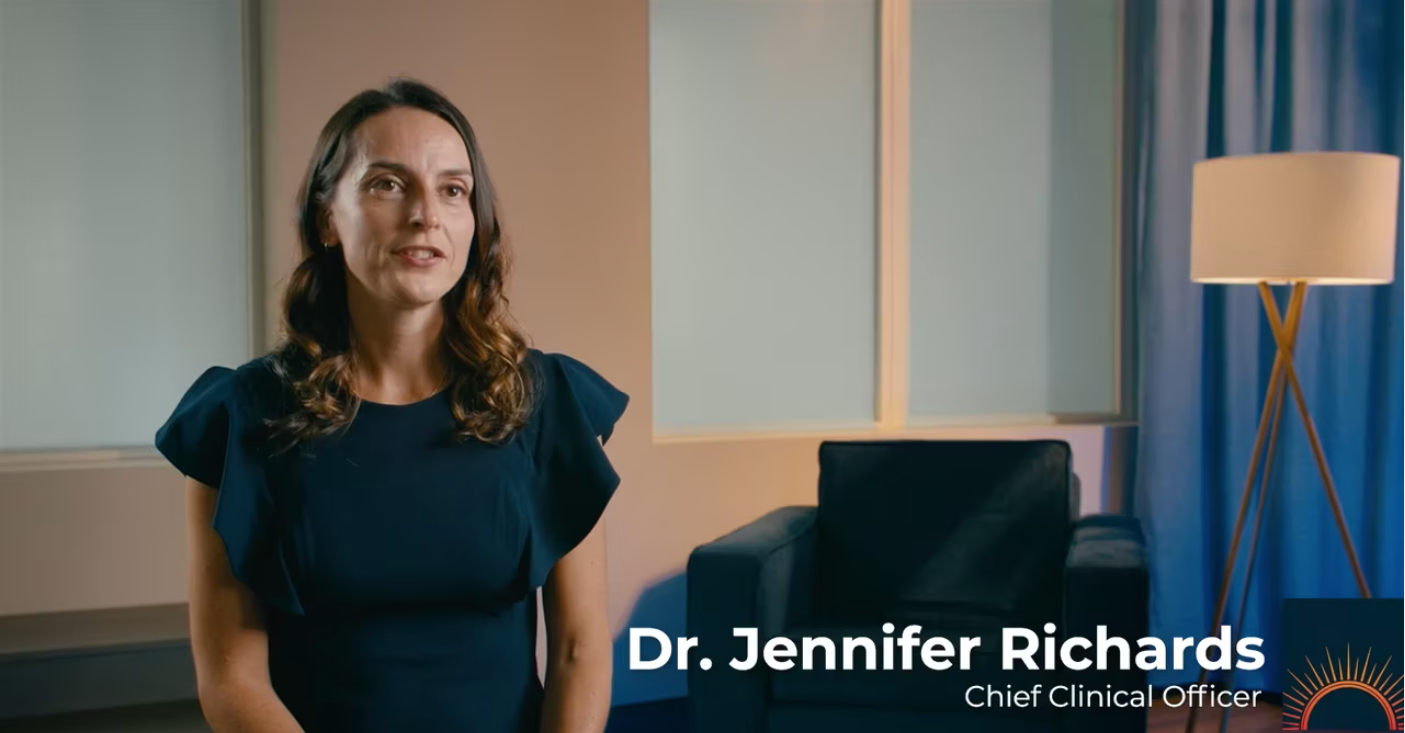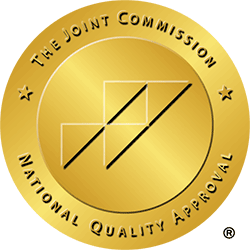At Britelife Recovery, we believe that both substance-use and mental-health challenges stem from disconnection: from self, from others, and from a sense of meaning or purpose. Although the origins of disconnection are complex and often rooted in trauma or adverse experiences, we view these challenges not as evidence of pathology, but as responses of a nervous system and psyche doing their best to cope without adequate safety and support. Healing begins by rebuilding connections: reclaiming personal identity, fostering healthy relationships, and cultivating a meaningful relationship to something greater, whether through values, community, nature, or spiritual belief. Recovery is more than symptom reduction; it is the restoration of wholeness, agency, and authentic well-being.
Because substance-use and mental-health conditions frequently coexist and influence one another, effective care must address the full complexity of each person’s experience. We recognize that recovery is rarely linear, and we are committed to offering responsive, coordinated care that evolves alongside each individual’s unique path toward healing. We know that trauma and adverse life experiences often underlie the emotional, psychological, and behavioral patterns that bring individuals into treatment. Rather than treating trauma as separate or secondary, we integrate trauma-responsive principles throughout our care, providing a foundation of safety, empowerment, and compassion. Our integrated model of care is based on comprehensive, multidisciplinary treatment that brings together medical, psychiatric, clinical, and wellness services to support the whole person. This unified approach allows us to support each client and their loved ones with compassion, continuity, and deep respect for the interconnected nature of healing.
Britelife Recovery delivers evidence-based, strength-oriented, and person-centered care that honors individual experiences, identities, needs, and goals. We understand that no two recovery journeys are the same, and our clinical approach reflects this. We strive to create environments where all clients can explore the challenges that brought them into treatment in a space that is safe, inclusive, and respectful. Our commitment to high-quality medical and clinical care is complemented by integrative wellness services that support whole-person healing, helping clients reconnect with their bodies, regulate their nervous systems, and cultivate balance across mind, body, and spirit. When clients choose to involve loved ones, we provide education and resources to foster healing for the whole system, and we help every client build sustainable supports that continue beyond discharge.
At Britelife Recovery we are committed to providing treatment that is trauma-informed, culturally humble, and respectful of every individual’s dignity, affirming people of all ages, races, genders, sexual orientations, abilities, and spiritual traditions. We practice authentic leadership, cultivating a workplace rooted in transparency, shared purpose, and personal growth because the way we care for one another shapes the way we care for those we serve. Just as we believe that disconnection lies at the heart of suffering, we believe that connection is essential to healing. That belief guides not only how we treat our clients, but how we show up for each other, supporting a culture of mutual respect, trust, and genuine human connection.


